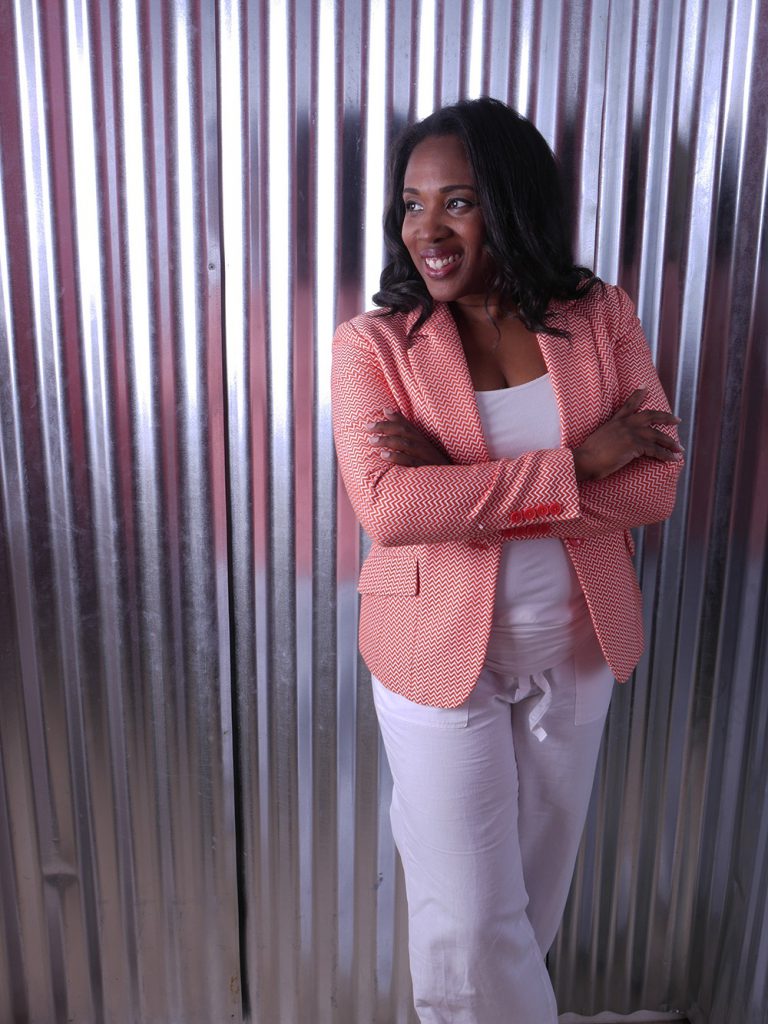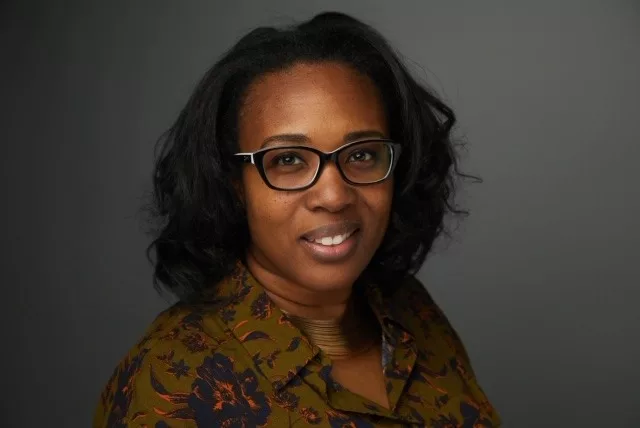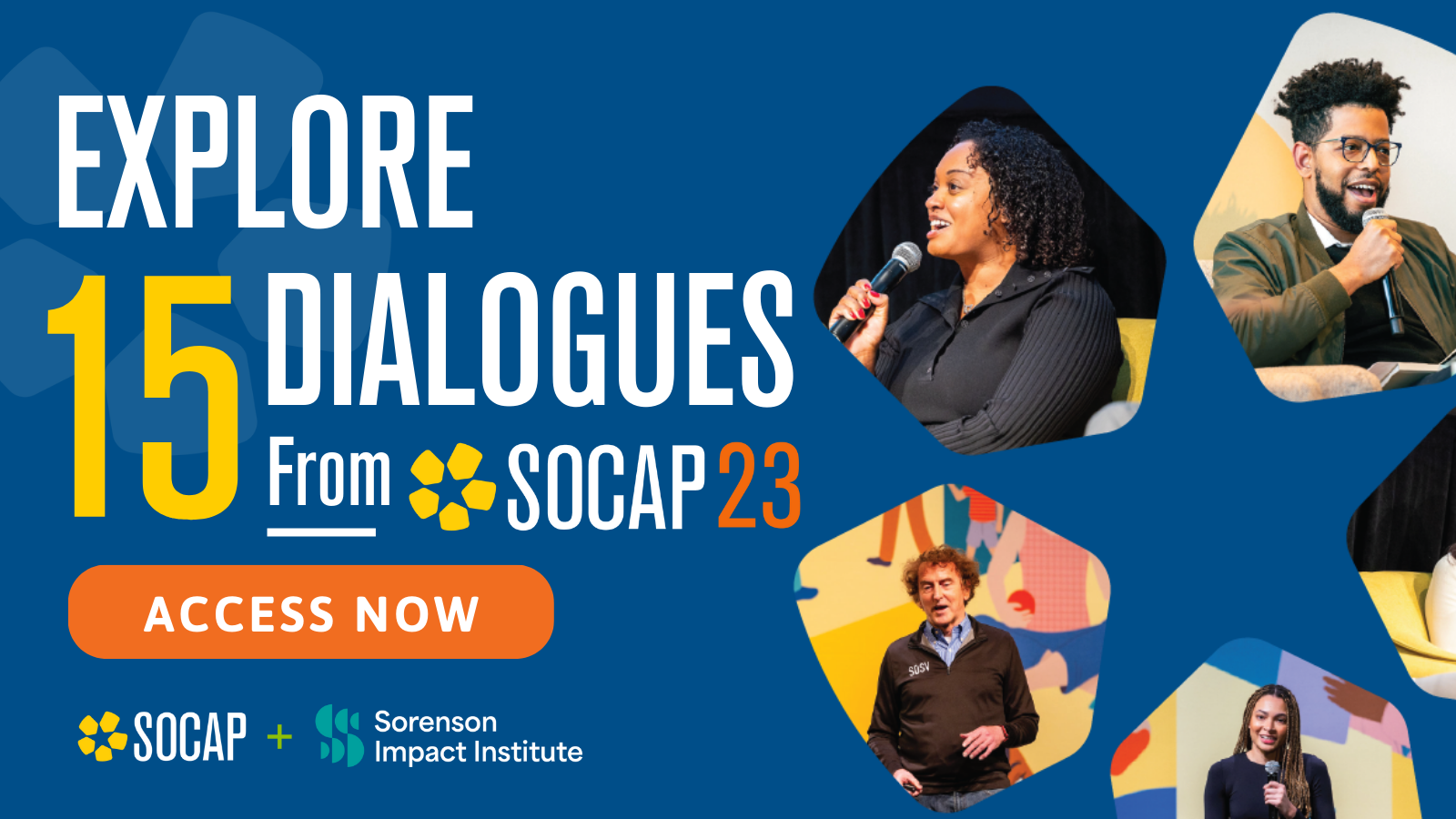This article is part of a series, The Vision of Advocates: Bold Insights From Advancing Racial Equity.
“Who you give your money to is who you give your power to.”
— Frederick Douglass
One day our descendants will look back on this time as the Golden Age of boycotting. After all, it is now an often-cited statistic that well over 50 percent of the population wants to spend their money with brands who share their values, and we all know that number goes up the younger you are. In fact, overwhelmingly, as a society, we spend our money with people who share our values — or at least people we think share our values. One of the first major iterations of this can be seen in the Shop Local movement, which prompted American Express to start the Small Business Saturday Holiday in 2010. Their statistics show that for every dollar spent at a small business, approximately 67 cents stays in the local community. This makes sense to us — if we spend our money locally then our local communities will get better and better.
But what happens when you don’t have the local options you want? I live in a small town in Northeast Florida. We don’t have bustling shopping districts like larger urban cities. I can’t always hop across town and pick up a sustainable and beautiful gift for a friend last-minute. For me and people in similar situations, the ability to shop local from online vendors has been game-changing. Even though we know that the money we spend isn’t staying in our local community, we still feel good knowing that it is supporting someone who could live in our local community.
That being said, the options can be exhausting and time-consuming. And, if you want to send more than one type of thing as a gift, you are buying from multiple sites and your recipient is receiving multiple things — or if you have them sent to you, you are left wrapping and possibly paying (again) to ship them. As a result, most of us end up online at Amazon or Target and call it a day.
We may start out with the best intentions. We may know we want to support local communities. We may even have a business of our own and know how important it is to support fellow entrepreneurs and small-business owners. Turns out, those things don’t always win over convenience. That’s why curated marketplaces are both necessary and trendy. These have shown up over the past few years, created around a central theme: beauty, household goods, fair trade, and more. And, unlike Etsy, which allows you to shop from multiple makers but packages all come separately, you generally receive one shipment — which can be gift-wrapped if you like. And fortunately, there are a number of them dedicated to small-batch or local makers.
We’ve gone from realizing the importance of spending money with local businesses to looking at local business as a global concept. And, increasingly, we are able to choose how to spend our local dollars globally by finding brands that share our values. These marketplaces are moving the needle on sustainability, eco-friendly products, and so much more. There are even sites that are 100 percent dedicated to selling products made by women. A lot of them. More recently, we have seen sites open up that sell only products by people of specific racial and ethnic identities, which is a pivotal step in the push for racial equity.
One such site is Bifties, a custom gift-box site that allows consumers to create a gift using products that come exclusively from premium Black-owned brands. They put the gift together, package it beautifully, handwrite the card, and send it for you — multiple product options, beautiful presentation, and one shipping fee. I had the pleasure of chatting with the founder, Constance Panton, about why this matters so much and how sites like hers are driving racial equity.
 Globally the gifting market is projected to reach $475 billion in 2020. Ensuring that Black-owned brands share in this revenue is one way we can promote racial equity. More money in the hands of Black entrepreneurs means more money in Black communities. More money in Black communities means many, many things. Bifties also donates a portion of their sales to 501(c)(3) charities that are doing work in Black communities. More money and more charity.
Globally the gifting market is projected to reach $475 billion in 2020. Ensuring that Black-owned brands share in this revenue is one way we can promote racial equity. More money in the hands of Black entrepreneurs means more money in Black communities. More money in Black communities means many, many things. Bifties also donates a portion of their sales to 501(c)(3) charities that are doing work in Black communities. More money and more charity.
In order to share in this revenue, Black-owned brands have to stay in business. And yet, Black-owned businesses start with almost 3 percent less capital than White businesses. Starting with less capital means it’s harder to become sustainable. One of the reasons for this is because you immediately have a smaller marketing budget. We all know how hard it is to get your brand noticed. Thanks to the current algorithms on social media, it’s virtually impossible without paid advertising. And sure, there are local networking groups, business owner associations, and all those things — but remember the people living in super-small towns? They are creating businesses and running them out of their homes just like people in Chicago and Dallas.
“No problem,” you say. “Just list your things on Amazon.” The reality is that Amazon is not truly supportive of small-business owners and is rarely a good option. And not because of the percentage of sales that Amazon takes (which would happen on any multi-vendor site). Amazon uses the popularity of small-batch items to decide which types of products they should white-label and sell for a lower price.
And, as it turns out, the options are still exhausting, and it is hard to find companies that support your values, particularly if you don’t already know them by name. In contract, Bifties advertises on their own platform, which provides an alternate media channel for the brands they work with, helping them become more and more profitable. It’s also like a bit of get-paid-to-advertise marketing. When someone receives a beautiful gift that includes a high-quality product you made, there’s a good chance they are going to order that product directly from you. Or, they will go back to Bifties and order it for their next gift. They will likely also tell the person who sent them the gift how much they loved the product and maybe that person will order it directly from you. In this way, Bifties is truly a brand ambassador for the companies they work with.
There’s another component of what Panton is doing, though, and it’s the one that is least obvious and possibly most important. Ordering a curated gift box from a website that puts said gift together, wraps it beautifully, and hand-writes the card — and not just any gift, but a premium gift — is luxurious in and of itself. It costs more than doing it yourself, and it is worth it because it saves time, overwhelm, stress, and so much more.
And it is the type of service that will be held to a higher standard. It’s one thing if we run into Target and put together a collection of things from the first 20 feet in the store. It’s quite another if we pay someone to create a gift for us; we expect it to be top-notch, the highest quality — luxury, even. Bifties, by its very existence, is celebrating the fact that Black-owned brands are of the same quality as other brands, which is not a common belief — both corporate buyers and consumers hold a false belief that Black-owned brands are subpar.
Bifties was designed to honor the Black community by giving gifts made in the Black community — turns out they are doing a lot more than that. When you use this site to send your next gift, you will know that you are not only buying something for someone you care about, but you’re also giving a gift to an entire community.
See the rest of this series at The Vision of Advocates: Bold Insights From Advancing Racial Equity.




